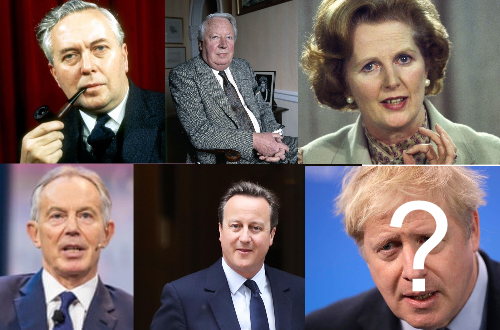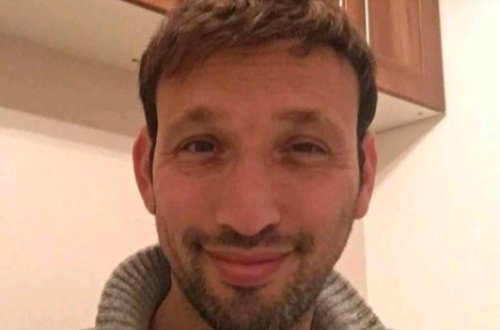The BBC reports:
There are links between some cases of “honour” violence in Britain and extremist groups abroad, a BBC investigation has been told.
Victims of such attacks are alleged by their families to have disgraced them.The Crown Prosecution Service (CPS) said Islamist terror groups were behind one murder, as well as a case where a woman was threatened and is in hiding.
But the Muslim Council of Britain said “honour” violence was a cultural practice, and nothing to do with faith.
The CPS pointed to the death five years ago of Heshu Yones, 16, who was stabbed to death by her father.
Nazir Afzal, the CPS’s national lead on honour crime, told BBC Radio 4’s File on 4 programme the threats to kill a woman known as Miss B, who is now in hiding, came from her family but originated in an Egyptian terrorist group.
He said: “They told her husband that if he didn’t put his wife in her place then they would do it themselves.”
…
Mr Afzal said honour violence was not confined to fathers and grandfathers, but was carried out by younger relations too.“You have a second generation youth who have an exaggerated concept of what home is like,” he said.
“They get their identity and their ethnicity from these traditions.
“We know they are bizarre and outdated but they get their identity from those traditions and they feel very strongly that how you treat your women is a demonstration of your commitment to radicalism and extremist thought.”
However, Reefat Draboo of the Muslim Council of Britain told the BBC she disagreed with Mr Afzal’s comments.
She said: “First and foremost there has to be clarity that this is nothing to do with any faith, in particular Islam.
“It is a cultural practice and there is nothing in any faith that would condone it or say that it is the right thing do it.
“This is to do with misguided notions of family honour. It has nothing to do with radicalism or terrorism.”
“Honour” killings are certainly not confined to muslim society.
It is also very important, strategically, to stress the argument that – whether or not religious justifications for murder are capable of being deployed – that a “true” reading of any particular faith does not condone or require murder.
However, it is very odd that the Muslim Council of Britain appears to be rubbishing the Crown Prosecution Service’s identification of jihadist groups, which claim to be speaking with religious authority, as the instigators of certain honour killings.
It is one thing to challenge theological justifications for murder. That is an important and valuable task.
It is quite another thing to deny that some murderers are religiously motivated, or allied with religious terrorist groups, if that is what the evidence shows.
The Muslim Council of Britain’s eccentric stance on this issue illustrates why it is no longer invited to the Home Office to participate in the process of public policy formation.


